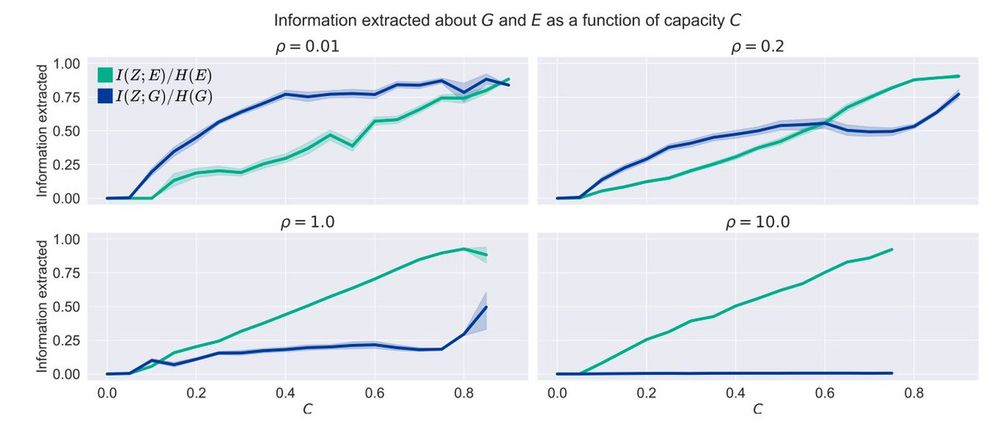Lab: https://quillienlab.github.io/
(As they highlight, their broader arguments about cultural evolution and religion are not the target of my critique, and their cross-cultural findings remain intriguing despite the interpretive difficulties)

(As they highlight, their broader arguments about cultural evolution and religion are not the target of my critique, and their cross-cultural findings remain intriguing despite the interpretive difficulties)
wires.onlinelibrary.wiley.com/doi/abs/10.1...

wires.onlinelibrary.wiley.com/doi/abs/10.1...


www.pnas.org/doi/10.1073/...

www.pnas.org/doi/10.1073/...
For more in this line of research see also our model of resource-limited Theory of Mind: bsky.app/profile/tade...

For more in this line of research see also our model of resource-limited Theory of Mind: bsky.app/profile/tade...

This tendency only reverses if group membership has very low task relevance.

This tendency only reverses if group membership has very low task relevance.
Agents have limited cognitive resources: they can only extract so much information from the environment, and have to prioritize which information to encode (group membership or individuating info).

Agents have limited cognitive resources: they can only extract so much information from the environment, and have to prioritize which information to encode (group membership or individuating info).
-individuating information (e.g. what that person did in the past),
-group membership,
We want to explain why people integrate these two types of information as they do, working from first principles.
-individuating information (e.g. what that person did in the past),
-group membership,
We want to explain why people integrate these two types of information as they do, working from first principles.

